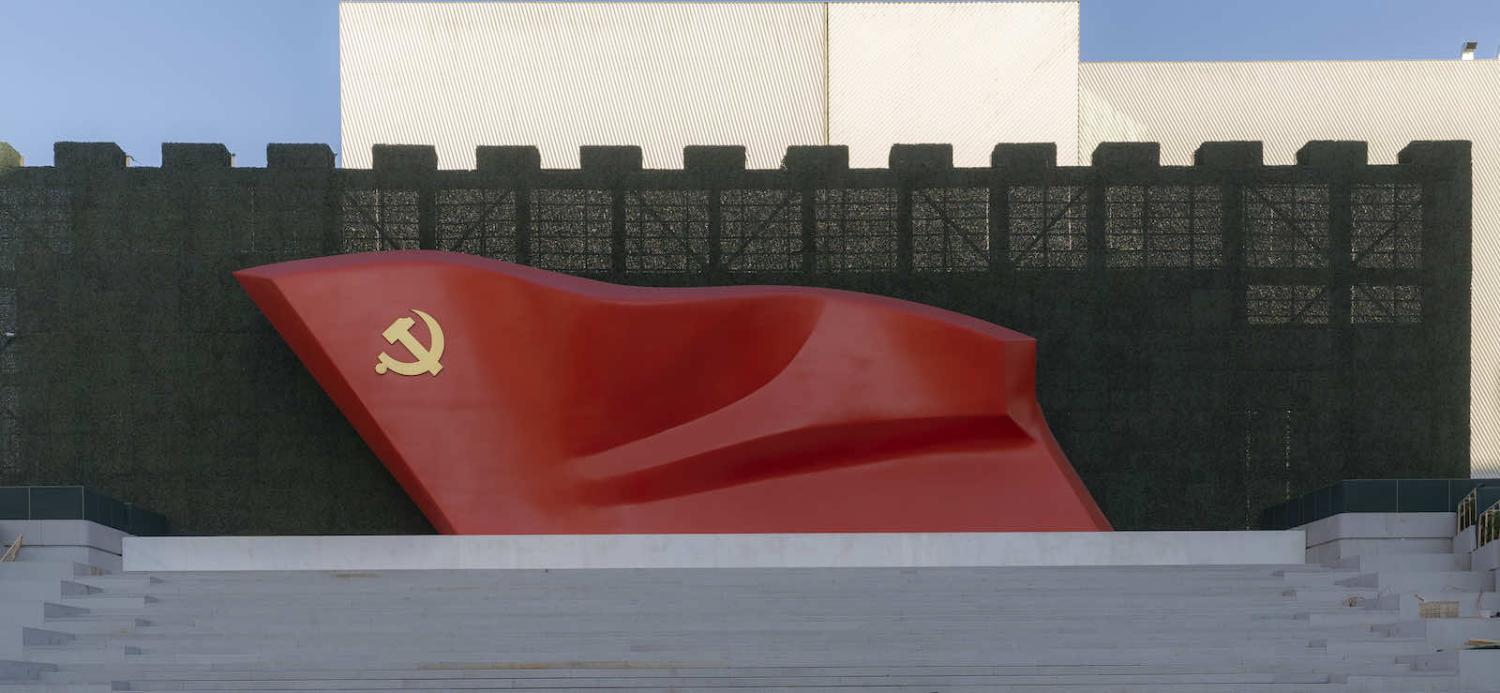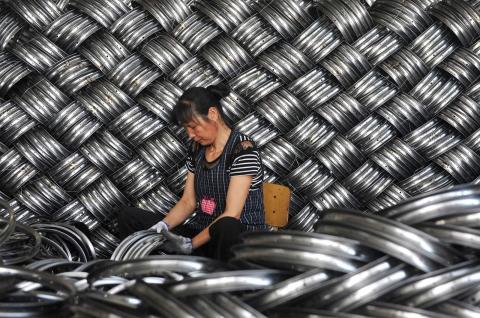The promise was pain. Anger China, so warned Beijing’s “wolf warrior” diplomats, and Australia’s economy would suffer. But for all the threats, tariffs and embargoes, Roland Rajah found the bark had resulted in only a small bite.
That doesn’t mean that China’s trade sanctions haven’t had an important impact. First, there’s the counterfactual that Australian exports could have been even higher were it not for the sanctions. Second, the current boom in iron ore export revenue won’t last once China shifts away from its pandemic recovery stimulus … Limited damage shouldn’t be a surprise. China has targeted products for which it thinks the cost to itself is relatively low, mostly because alternative suppliers exist.
Could Australia reset the relationship? Bec Strating and Kate Clayton reported the perspectives of prime ministers past.
Kevin Rudd and Malcolm Turnbull acknowledged that the strategic environment has shifted since their governments were in power. Australia is dealing with a changed China. But both also agreed that to improve the bilateral relationship, Australia should “talk less”.
Politicians rarely stay quiet long. Besides, as Greg Earl explained, Treasurer Josh Frydenberg had adopted a new slogan. Australia would now be looking for economic ties that amounted to “China-plus”.
While Frydenberg has overseen new investment constraints, he has been a relatively restrained public voice in the China debate reflecting the fact that its demand for iron ore is one of the key variables in his budget. This deep economic integration with China despite the tensions means the “China plus” idea can be seen in quite different ways.
And Frydenberg raised his voice dramatically in the months following as Beijing continued to leave Australia in the deep freeze. Hugh Piper:
The most important foreign policy speech by a cabinet minister so far this year was delivered last Monday. … In dealing with China, business looks to the government for leadership. Their overriding desire is for a road ahead in the relationship so they can plan and invest … The Treasurer’s speech was an attempt to pave that road.
The public was well aware of the souring relationship, as Natasha Kassam explained with findings from the latest Lowy Institute Poll.
For the past decade, Australian governments, businesses and publics alike placed China at the centre of our economic prosperity. Today, less than half the population (47%) say China’s economic growth has a positive influence on their view of China, a steep 28-point fall since 2016.
All this while navigating a rivalry between Australia’s biggest trading partner its longstanding security ally. Would more friends be the answer? A “Quad”, for instance? Susan Thornton:
It is also not clear how, in forming an entente aimed at major-power contestation in the Indo-Pacific region, this grouping will strengthen international institutions and rules so much as go around them.
Or might the Five Eyes stand up by objecting to China’s ban on Australian wine, wondered James Laurenceson?
Sympathetic voices in Washington, London, Ottawa and Wellington and social media campaigns touting what the Barossa Valley and Margaret River vintages have to offer are unlikely to make much of a difference.
Jennifer Jackett saw a chance to preserve the tech dominance of the West.
The world faces the prospect of competing technology ecosystems, with the dominant tech power being better placed to secure strategic interests and in line with their values. For the US, and its partners, this raises the question of what is needed to maintain global tech leadership?
Besides, China still wanted to join in the regional trade party and this presented an opportunity. Roland Rajah and Stephen Grenville:
China’s recent request to begin talks to join the Comprehensive and Progressive Trans-Pacific Partnership (CPTPP) was a surprise. With geopolitical tensions at a high, China is now formally seeking to join the very trade pact often seen as designed to counter it … It is cliché that countries need to be able to walk (on security and geopolitics) and chew gum (on economics and cooperation) at the same time. But that is exactly what Australia must do.
A little resilience and creativity didn’t go astray, either. Victor Ferguson, Darren Lim and Scott Waldron looked at the response to China’s economic coercion.
Getting around China’s sanctions (deflection) took several forms. For beef, this involved redirecting cattle domestically through Australian abattoirs that had not lost their Chinese export licenses. For other products like wine and lobster, it included smuggling – lobster exports to Hong Kong skyrocketed before making their way to seafood restaurants on the mainland.

